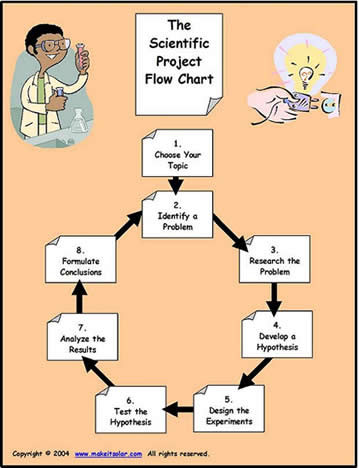Now, what I find interesting about articles like these, though, is how they always report these statistics without reporting the statistics for the general population for a baseline comparison. So you'll read it and think, "wow, that seems pretty high" when it really isn't that far out of the norm and is, in fact, lower than the general population. According to the artice the most recent Pentagon study, conducted in 2007, found that 18.2% of Army soldiers sufferred from depression, anxiety or acute stress in 2007 compared with 20.5 % in 2006. And other studies have the number of people suffering from mental health issues ranging from 10% to 20%. That first number of 18.2 % is depression, anxiety, and acute stress combined. Guess what the combined number for the general population for depression,
 anxiety, and post-traumatic stress was in 2002...19.9%. These numbers are based on a study that also listed the percentages for those on welfare at 25-33%.
anxiety, and post-traumatic stress was in 2002...19.9%. These numbers are based on a study that also listed the percentages for those on welfare at 25-33%.The article also mentioned how the rates were highest among women and reservists. Reservists? Why would the number be higher for those on reserve, not actively serving? I'm not sure, but it says something, doesn't it? That our active member in the service statistically have better mental health than those on reserve. Also, why are the rates higher among women? According to the FDA women, in general, are twice as likely as men to be affected by depression anyway, that's why.
According to Terri Tanielian, a researcher at Rand and the co-leader who conducted the study featured in the article, "There is a major health crisis facing those men and women who have served our nation in Iraq and Afghanistan. Unless they receive appropriate and effective care for these mental health conditions, there will be long-term consequences for them and for the nation."
Where is the major health crisis? This isn't news. This is another political agenda. People who have mental health issues do need appropriate and effective care but don't make it seem as though our service men and women are in any different condition than the rest of us.
CBS has tried to do this same thing recently with a report on suicides in the military. An excellent article on this story was done by Michael Fumento of the New York Post. The meat of his article is this simple statement, "Among civilians who match the overall age, gender and race profile of the U.S. Army, the suicide rate was 19 per 100,000 — higher than for the troops." CBS, however tried to paint an entirely different story. Instead of regurgitate all of Mr. Fumento's work, take a look at his piece here.
There is always a new study showing this or that. Often times, these researcher seem to have their conclusion in their head before they even conduct their research. They seemed to missed that day in school when we were taught the Scientific Method. Take what you read with a grain of salt. Yes, even what I've written here.


3 comments:
Great Blog. I am curious about the title. Who or What are the "Wolves" you are living amongst?
The "Wolves" are all of the challenges and dangers we try to protect our kids from so that they can be "normal", moral, considerate, honest, contributing members of a society which is, unfortunately, in the decline.
The boys are so cute! Tell everyone we say hi!
Post a Comment